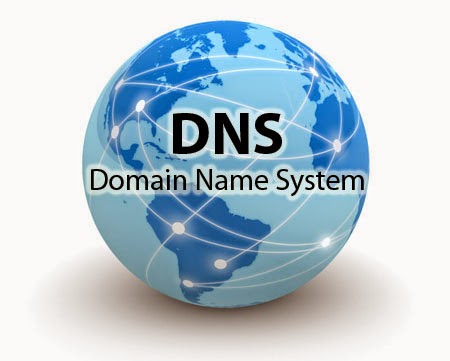Domain Name System (DNS)
Those who deal with the computers and networks in their line of profession are sure to use and hear the word several times during their work. But for the laymen, it is a puzzle to understand this term. So, here we bring to you an article that throws some light on what the term means and what are its uses.
It basically helps to locate the domain names on the servers. Every time you type the name of the website you want to visit on the web browser window, the DNS converts it into the corresponding IP address. It looks for and finds the data that is required to establish the network connection. This way, it lands up on and opens the required page.
Now, the internet protocol or the IP address is the address that is assigned to the devices that connect to the internet. Every device, a mobile phone, or a computer connected to the internet is assigned a unique IP address. It differentiates it from the other devices connected to the internet.
The IP address cannot be shared by two devices. The address can be permanent or temporary. The permanent IP address assigned to the devices is also known as the static IP address. The temporary one which is issued for the time the device is connected to the internet is known as the dynamic IP address. It is only for the session the device connects and uses the internet service.
The IP address is a set of numbers that denote the particular domain name they relate to. So, in order to connect to the webpage, one had to remember the IP addresses of the websites that they belong to, had it not been for the domain name systems. The DNS eliminates the need to remember the long numbers and makes surfing the internet easy and hassle free.
So, it becomes important to subscribe to a good DNS service. There are several benefits of using the service. Some of them are as follows:
Simplicity:
By subscribing to the DNS service, the users can get a reliable service that is maintained by the experts. This eliminates the need for the user to build up an infrastructure of their own.
Security:
A managed DNS service provider takes care of the security features of the service. It is their responsibility to prevent and safeguard it from the attacks and patch up the vulnerabilities. This makes it convenient for the users.
Performance:
On hiring the managed DNS serviceArticle Search, the vendor ensures uninterrupted supply of the service at all times. The services are maintained at a professional way to leave nothing to complaint.
Support:
The managed service also entails a support service that is available to the users round the clock. The networks are upgraded and repaired from time to time.
AUTHOR
The term domain name system is an abbreviation for DNS, the single largest distributed network in the world. The DNS is a service used by the internet to translate the domain names into the corresponding IP addresses.











0 comments:
Post a Comment